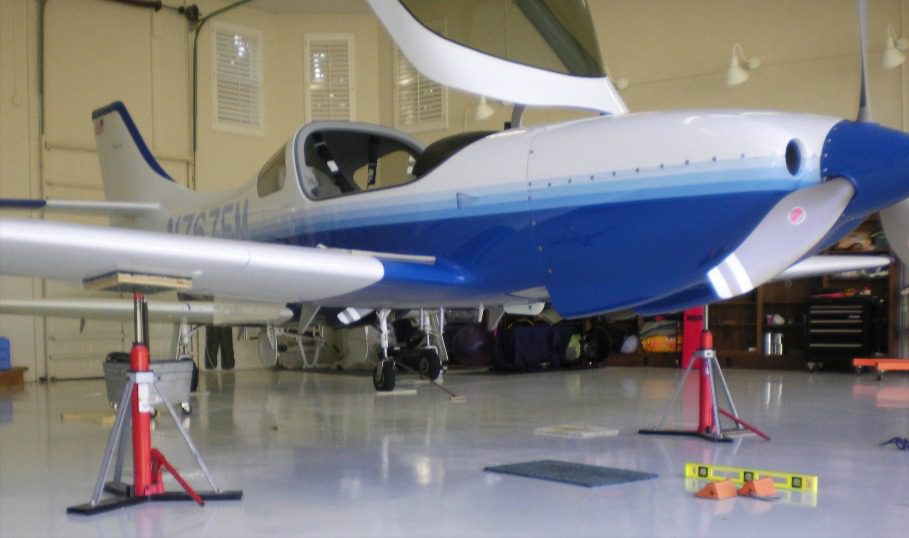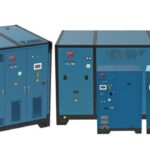The aviation industry is a killer one, with all kinds of traps and pitfalls waiting for those who are inexperienced or lack the proper tools, ranging from flight delays, parts breaking down, and many more. To make sure you’re consistently turning over a profit, you’ll have to maintain your aircraft and other vehicles properly and efficiently, and the key to that is a great jack, so keep reading to find out what you’ll need to consider.
- Weight capacity
Aircraft jacks are almost as varied and numerous as the planes they’re meant to lift and service, and this means that you’ll have to be incredibly careful when you’re working with a plane that you need to get fixed since, if you get a jack without much further thought, you may find that it’s not strong enough to lift your plane, and exceeding the weight capacity can result in the jack coming apart and getting damaged, and, worse, the plane will get damaged, too. To be safe, make sure the weight capacity of the jack is comfortably above the weight of your plane and that, if it isn’t, you’re using multiple jacks to work with your planes.
- The size of aircraft
Planes come in all shapes and sizes, and choosing the right jack for each is integral to being able to work with them efficiently and safely. Smaller jacks are cheaper, but if you try to save money by getting a jack that’s too small for your plane, you’ll find that relying on the jack is almost impossible, and the safety concerns don’t make the money saved worth it. In addition, the landing gear of several planes come in different shapes and sizes, too, which means the jack you’re using will have to be compatible with the wheels on your plane. Otherwise, you’ll have many more accidents than you’re ready for.
- Safety features
As previously mentioned, the process of maintaining and caring for a plane is long and fickle, and you and a team of professionals will need to be careful while you’re working on the plane. Jacks, too, can degrade and wear down over time, and, in rare circumstances, a routine maintenance job could turn into something far more costly as the jack you’re using fails to accommodate a plane it’s attached to. In this case, you should have a jack that has a lot of safety features, such as a wide base, several locking mechanisms in the body, and safety pins so that the damage can be minimized or prevented entirely.
- Portability
Planes do have to be maintained now and then, but they spend most of their time in use, which means you’ll need to put your jack and your other tools away when there are no more planes to service. When this happens, it’ll be easier to have a jack that’s portable and has features like folding, locking, and changing its shape in order to take up as little space in your hangar as possible, which will prevent a lot of headaches down the road.
- Material used
The material used in the manufacturing of the jack is important since that forms the base of what it’ll be able to accomplish, so you should look for equipment that has been made using sound material. The most common examples are aluminum and steel, which have to be treated and strengthened until they’re proven as being aircraft-grade, or even something newer like carbon fiber, though you may want to stick with the old and reliable forms of material in order to be sure.
- Hydraulic system dependability:
The jacks you work with will operate using hydraulic systems and hydrostatic pressure, which is why you should make sure the system that makes the backbone of your maintenance operations is sound and dependable. This means that the pipes should be fully insulated, and all gaskets and inlets should be fully sealed so that no hydraulic fluid can leak and that the fluid contained within the jack is of very high quality.
Conclusion
Jacks are indispensable tools that you’ll use hundreds of times throughout your career depending on how many planes you own or are looking after, and, since they have so many features and benefits and are a vital part of the maintenance process, you’ll have to make sure you’re using the best jack for the situation, and, if you use the information in this article, you may be able to do just that.





